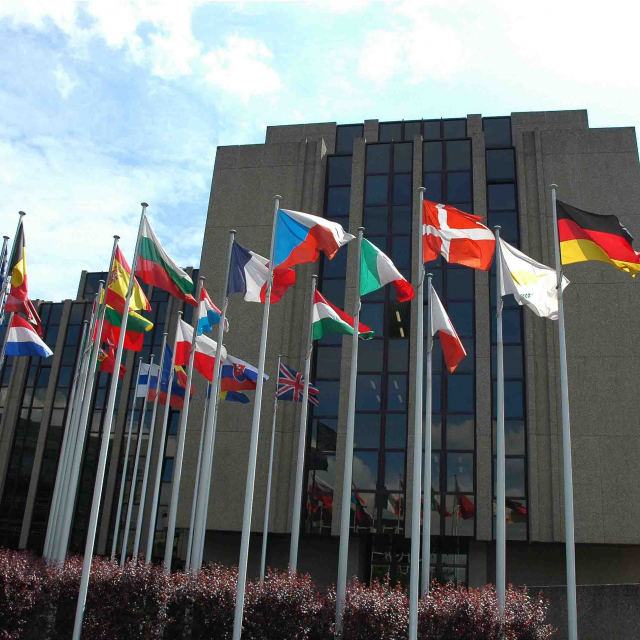Pharmaceutical industry lobbying in Brussels is blocking any solution to the growing problem of extremely high medicine prices in Europe, a new report by Corporate Europe Observatory claims.
It says the crisis of affordability that has “long plagued” health care systems in the Global South has reached the European Union, as the “industry’s profit maximisation logic is becoming deeply embedded in EU regulation.”
It says, “High prices, poor access” analyses the drivers of an ongoing price hike that is seeing life-saving medicines sold for tens, sometimes hundreds of thousands of euros. While these prices are highly disproportionate to development and production costs, industry-friendly regulation and intellectual property rules in the EU favour such extortionate pricing practices of the pharma industry.”
Central allegations of the report include:-a €2 million increase of EU lobbying budgets since 2015: the ten highest spending pharmaceutical companies now invest between €14.6 and €16.3 million per year on lobbying in Brussels and conflict of interests: prompted by EU governments to review the EU’s pharmaceuticals system, the European Commission is said by the report to have contracted a consultancy with strong Big Pharma ties for a study on the issue of high-price medicines from aggressive lobbying against:#Pharma, #Lobbying, #
- a Supplementary Protection Certificate (SPC) manufacturing waiver. “Such certificates allow companies to extend the period of monopoly pricing, protecting the lucrative intellectual property regime which is fuelling high prices and limiting patients’ access to medicines. Big Pharma has fought tooth and claw against a waiver, to avoid any future further threats to their pricing practice from policy-makers,” it says.
- improved Health Technology Assessment, where EU cooperation for robust and independent assessments could strengthen the negotiating power of governments in price-setting talks with pharmaceutical companies.
The report states, “EU decision-making on public health care and patient rights must be better protected from the influencing attempts by pharmaceutical companies and their lobby groups. Conflicts of interest rules and appropriate ‘firewalls’ which guard against undue influencing of EU policy-makers by pharma lobbyists would be important starting points.”
Corporate Europe Observatory’s researcher Olivier Hoedeman noted:“Access to medicine is literally an issue of life and death, but is not treated as such in the European Union. Many EU policies are skewed in favour of profit maximisation for Big Pharma and too little has been done to ensure appropriate pricing and affordability.”
“Overpriced medicines are bringing ailing public health care systems across Europe to a breaking point. The new European Parliament and Commission must ensure that EU medicines policy is protected from the excessive influence of the pharma industry, and they have to improve ways to finance medicines research, so public R&D subsidies also have a public interest return.”




